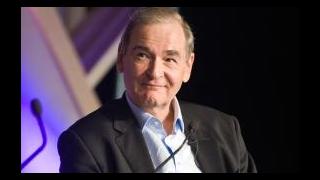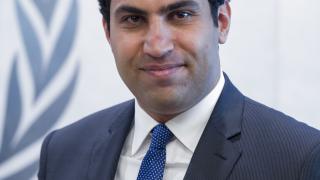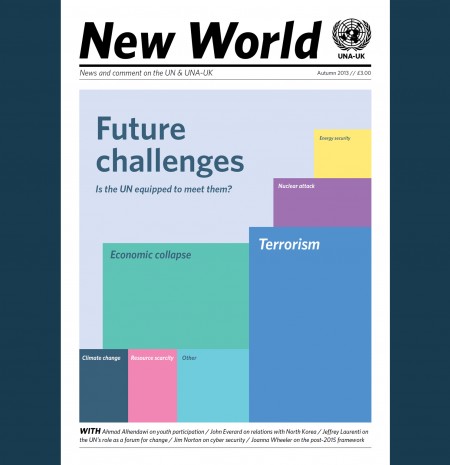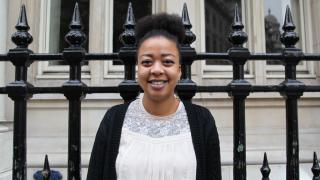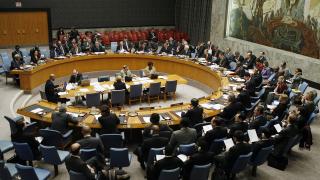In February 2013, North Korea shocked the world by conducting its third nuclear test, and the UN Security Council reacted by imposing the toughest sanctions yet on the country. For the next several weeks North Korea hurled blood-curdling threats at the West and it seemed that its relations with the international community, never good, were about to sink to new lows.
But since 16 April (Kim Il Sung’s birthday), North Korea has toned down its rhetoric and, especially since a high-level visit to China in May (and probably under Chinese pressure), it has adopted a less aggressive approach to South Korea.
It agreed with the South both to reopen the troubled Kaesong Industrial Zone (a border complex that is the only remaining joint project between the North and South) and to allow members of some families divided by the Korean ‘iron curtain’ to meet for the first time since the Korean War. Does this indicate a possible opening for improved relations between North Korea and the West also? Sadly, it is difficult to be optimistic.
While the thaw in relations with South Korea is welcome, there is little sign of improvement in relations with other western democracies, and no sign of progress on the key issue of ending North Korea’s nuclear programmes. For example, Pyongyang has indicated that it might return to the Six-Party Talks – the forum that aims to negotiate an end to these programmes but which has not convened since September 2007 – if it is first recognised as a nuclear power. The US has made clear that this is out of the question and, for its part, has said that it will only consider a resumption of talks if it is convinced that North Korea is serious about abandoning its nuclear programmes, which North Korea has made clear it will not do. There is therefore little room for movement.
There are other significant problems in North Korea’s relations with the West. In an effort to raise foreign currency, the country has continued to trade in arms despite UN Security Council sanctions banning this. Panama’s seizure of MiGs and associated equipment from a North Korean cargo ship is a case in point. There is also worrying evidence of North Korean involvement in the Syrian chemical weapons programme. The UN Panel of Experts on North Korea last year reported a major seizure by Greece of North Korean chemical warfare suits bound for Syria, and there are reports that Turkey has also recently intercepted a Damascusbound shipment of North Korean gas masks. North Korean technicians are even believed to have worked at the main Syrian chemical weapons facility. If it is found that there was North Korean involvement in making the chemical weapons recently used by Assad’s regime then the prospects for improved relations with the West will be fainter than ever.
Moreover, the improvement in relations with South Korea is fragile – already North Korea has withdrawn its agreement to the family reunions – and may stop. Sooner or later, North Korea will realise that although South Korea has agreed to reopen the Kaesong Industrial Zone (a key source of foreign currency for the North), its output will fall. The suspension scared off customers and Seoul cannot force the factories that operate there to run at former levels but the North may well suspect bad faith by Seoul.
Also, Pyongyang has asked for the Kumgangsan tourist resort (another foreign currency earner for the regime, closed after a South Korean tourist was shot dead there in 2008) to be reopened, but Seoul is reluctant. There are probably storms ahead.
There is, too, a more fundamental problem. North Korea needs much more foreign currency to keep going than its decrepit economy can generate. It tried earlier this year, by threats and bluster, to force other countries – the US and South Korea in particular – to the negotiating table (where they would have been presented with demands for financial support).
That failed, and North Korea switched to its current, more conciliatory approach, at least in regard to South Korea. But this, too, is unlikely to have the desired result. When North Korea realises this, it may well revert to violence – possibly not the mere threat of it – in an effort to extort aid from its opponents. This would chill the country’s relations with the international community yet further.
John Everard was British Ambassador to North Korea from 2006 to 2008. His book Only Beautiful, Please describes his experiences there. He also coordinated the United Nations Panel of Experts on sanctions on North Korea from 2011 to 2012

